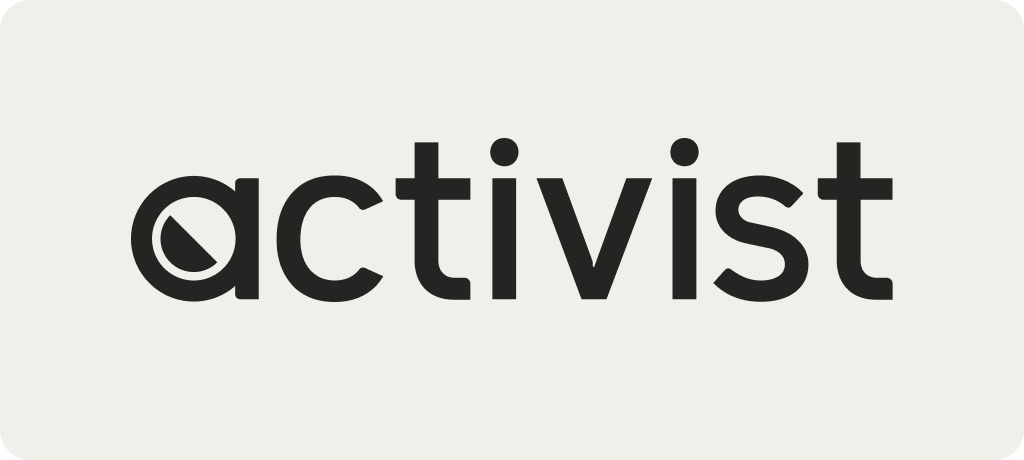-
activist is an open-source, non-profit political action network. The current goal is the creation of activist.org, a platform to find and discover political events and organizations.
- activist (web) • activist-Android • activist-iOS
-
Scribe creates keyboard apps for language learners that include translation, verb conjugation and word annotation for confident communication without leaving the keyboard.
andrewtavis / causeinfer Goto Github PK
View Code? Open in Web Editor NEWMachine learning based causal inference/uplift in Python
License: BSD 3-Clause "New" or "Revised" License


